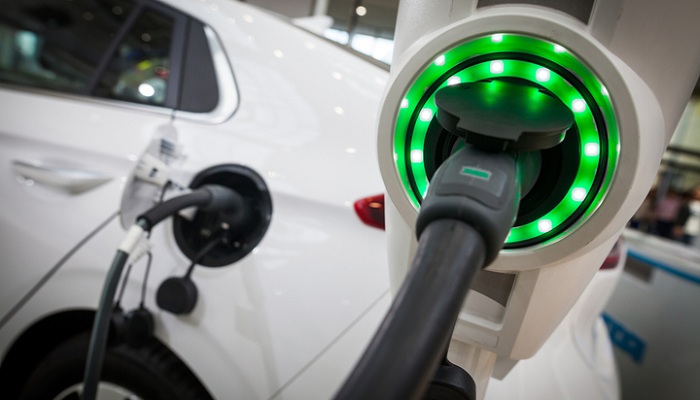The Rocky Mountain Institute (RMI) has released a report, ‘Racing to Accelerate Electric Vehicle Adoption: Decarbonizing Transportation with Ridehailing’. The Report gives insights into the Decarbonization goals of the US. As the race is on to deploy over 50 million electric vehicles (EVs) in the United States in the coming ten years. That will put the US transportation sector on the way to restrain global warming to 1.5°C.
However, to achieve this scale of deployment, the US must accelerate the rapid decarbonization of the transportation sector by electrifying transportation network company (TNC) ridehailing vehicles.
Ridehailers like Uber and Lyft, is critical to accelerating the electric vehicle transition and provides key catalytic opportunities by increasing the availability of low-cost, efficient charging infrastructure; lowering EV operational cost and spreading awareness and education.
Moreover, to electrify ridehailing vehicles at scale, key industry stakeholders must collaborate. The report concluded three requisite implementations, after analyzing electric and gasoline ridehailing vehicle data. Those Three implementations are:
Technological Capability: EVs must be technologically capable of replacing internal combustion engine vehicles in TNC applications.
Financial Competitiveness: Steps must be taken to improve the financial competitiveness of EVs for ridehailing such as lowering the price and increasing access to charging, implementing enabling EV leasing and rental models, and leveraging the used EV market.
Charging Infrastructure: Robust infrastructure is essential and can be made viable through coordinated stakeholder action and further focused research.
Although EV financial competitiveness and technological capability are necessary for EV adoption to accelerate, they are not sufficient in themselves. A robust charging network is also a precondition for ridehailing EV adoption—without it, drivers will not have the confidence to adopt EVs. A robust charging network is not naturally occurring or inevitable. Low station utilizations remain a challenge for charging providers while charging stations themselves are necessary to improve EV adoption and station utilization.
However, bringing EV adoption favoring policies is very important. This may include, low-cost electricity for charging providers can lower charging prices for consumers, who will adopt more EVs in turn, which will increase the no. of charging station installation.
RMI collaborated with General Motors (GM) for understanding the challenges and opportunities of TNC electrification better. After assessing a year of actual operational data of EVs and internal combustion engine (ICE) vehicles operating in TNC services.











































